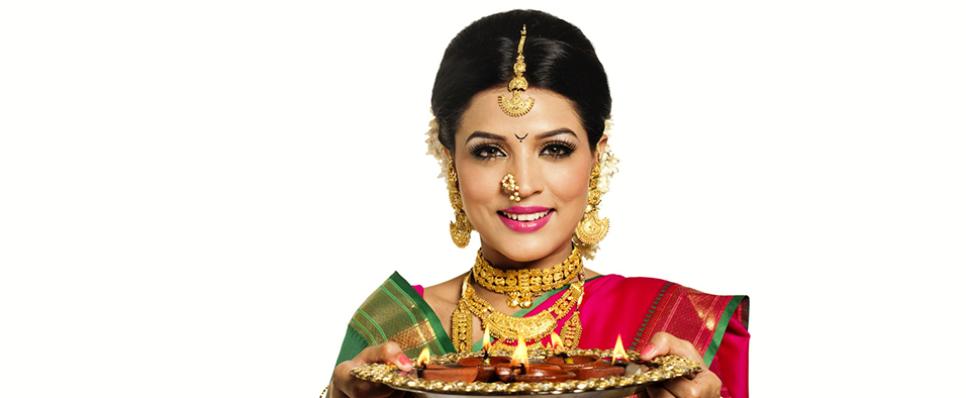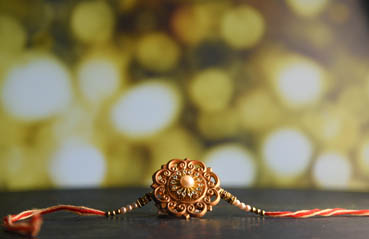Published: 18 Jun 2018
Gold, a woman’s wealth

In a landmark ruling, the Supreme Court ruled that a woman has an unchallengeable right to 'streedhan' and can claim it even after her separation from her husband or getting a divorce. The ruling is an important one as it makes it clear that denial of her streedhan is tantamount to domestic abuse, ensuring criminal prosecution for anyone who pushes for it.
According to Hindu Law, streedhan refers to valuables and goods, both movable and immovable, a woman receives, prior to and after marriage.
The practice of streedhan goes back to years where, when community rules were beginning to take shape. It was based on the simple understanding that the daughter would be given her share of the property when she left for her in-laws. In those days, aside from land, gold was given to daughters as it was and continues to be valuable. The wealth was hers alone to dispense – whether she wanted to invest for the household or save for herself or spend it on her family – it was up to her to decide.
It was only in the course of time, when rules and traditions maligned to greed. In fact, the laws protecting a married daughters right to property is a recent addition. Prior to this, the Indian law spoke of a son's rights over his parents' property and a daughter's right over her husband's property. The tradition of 'stree-dhan', however, negated this concept.
The gold gifted to the bride by her family is not only seen as auspicious but also secures her for life. Gold is a seen a valuable investment commodity which is deemed a safe investment option. Gold prices have gradually increased over the years, making it valuable to the bride in her hour of need.
In reality, the very essence of Indian culture promotes equality and fairness to both the sexes. The men and the women have traditionally been treated alike, as they should be.











